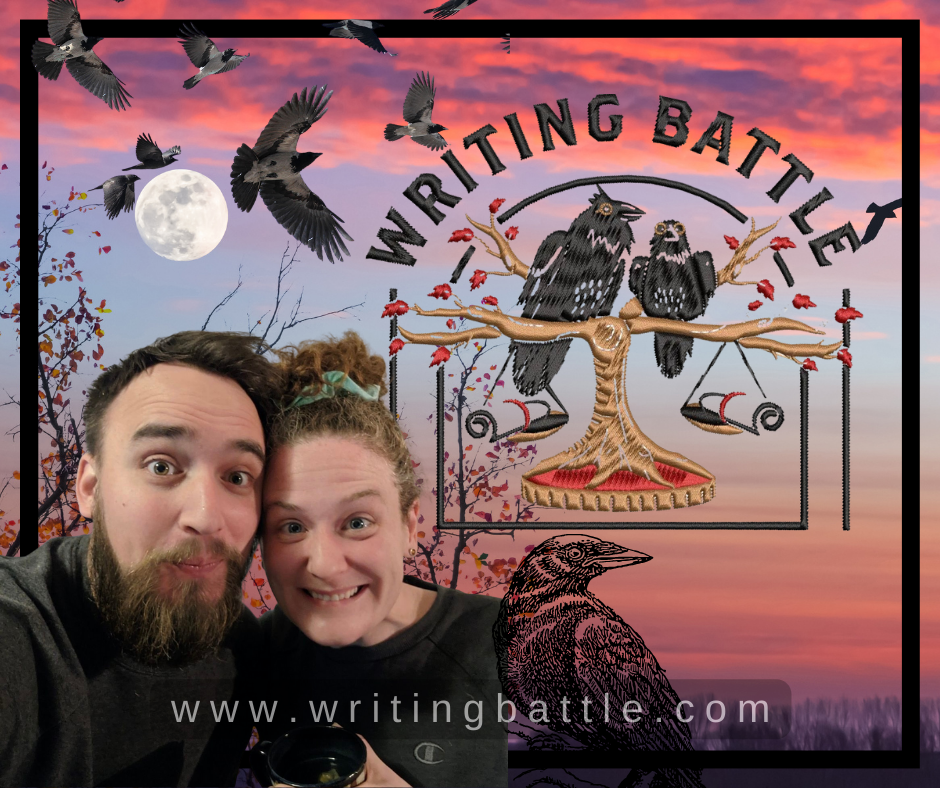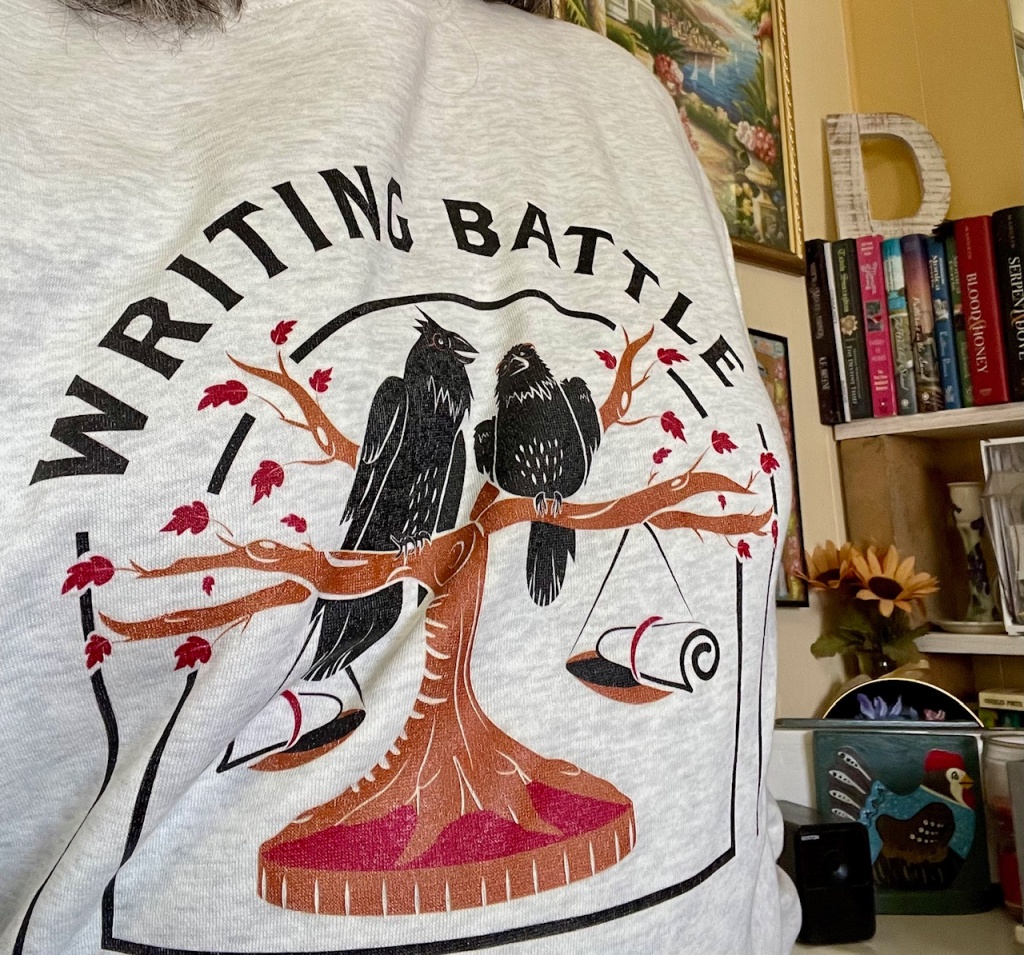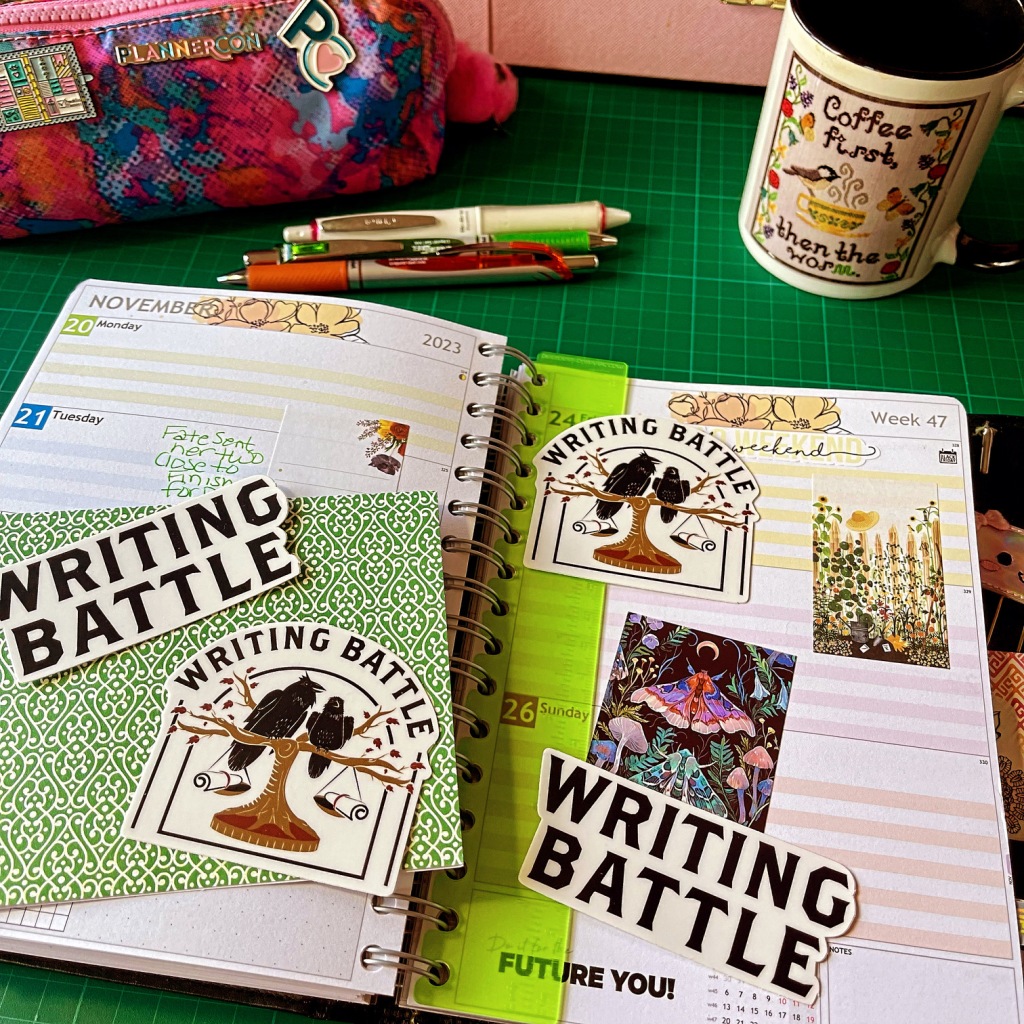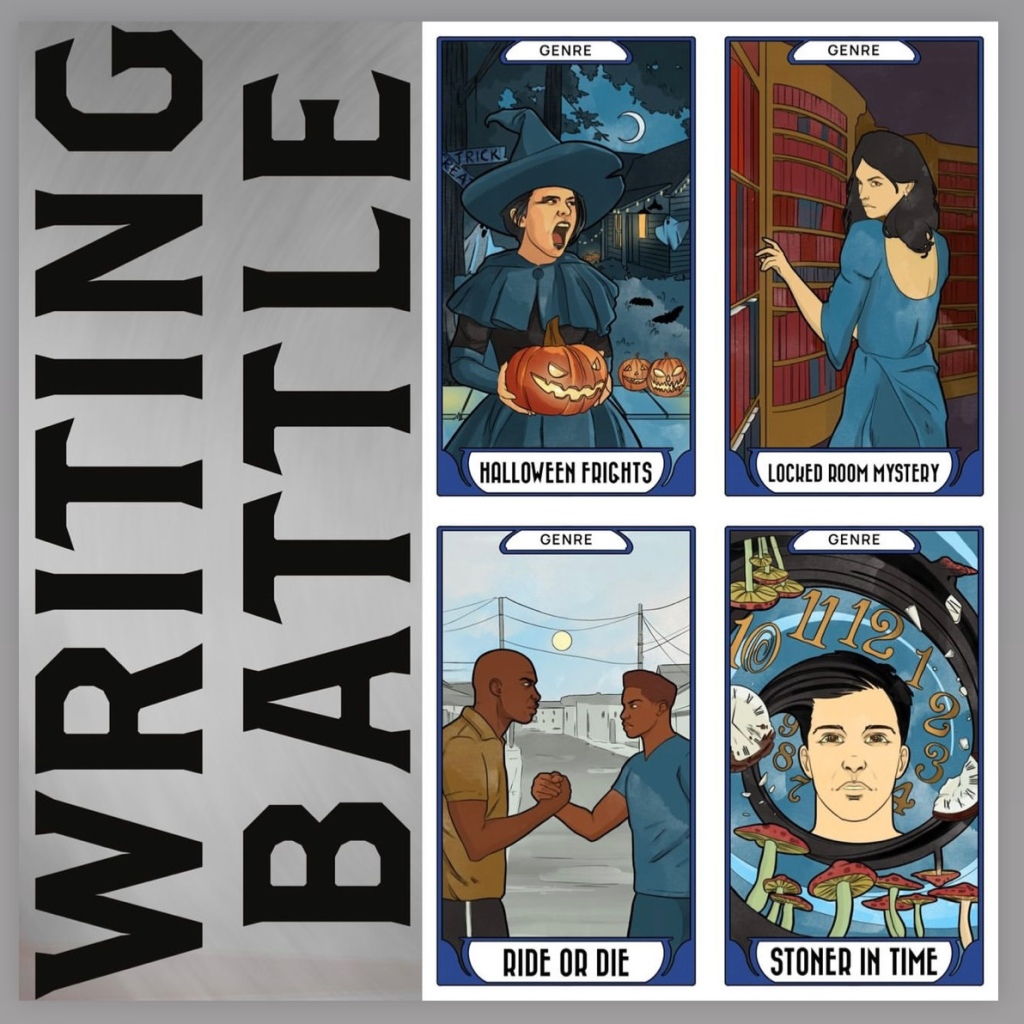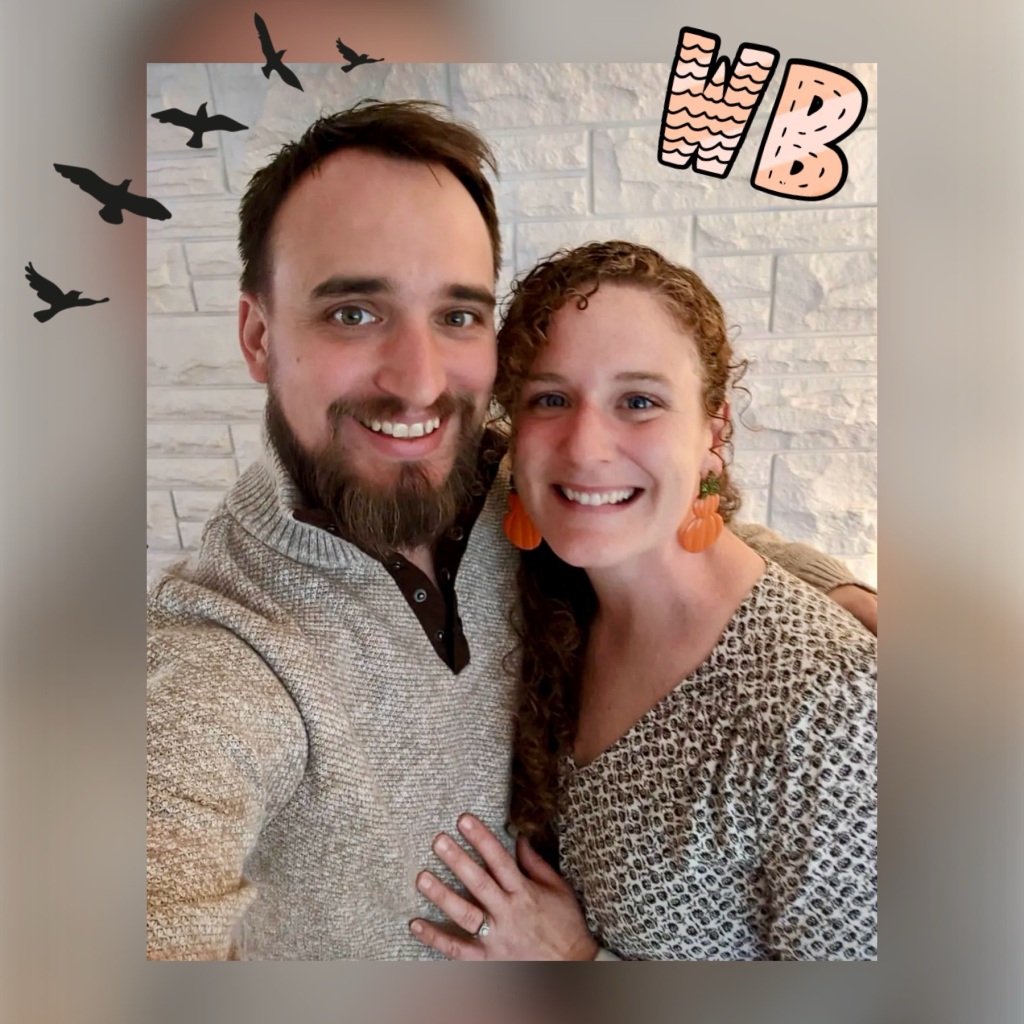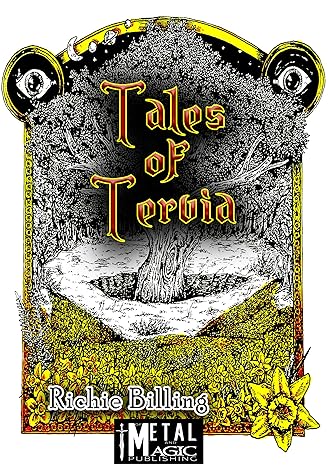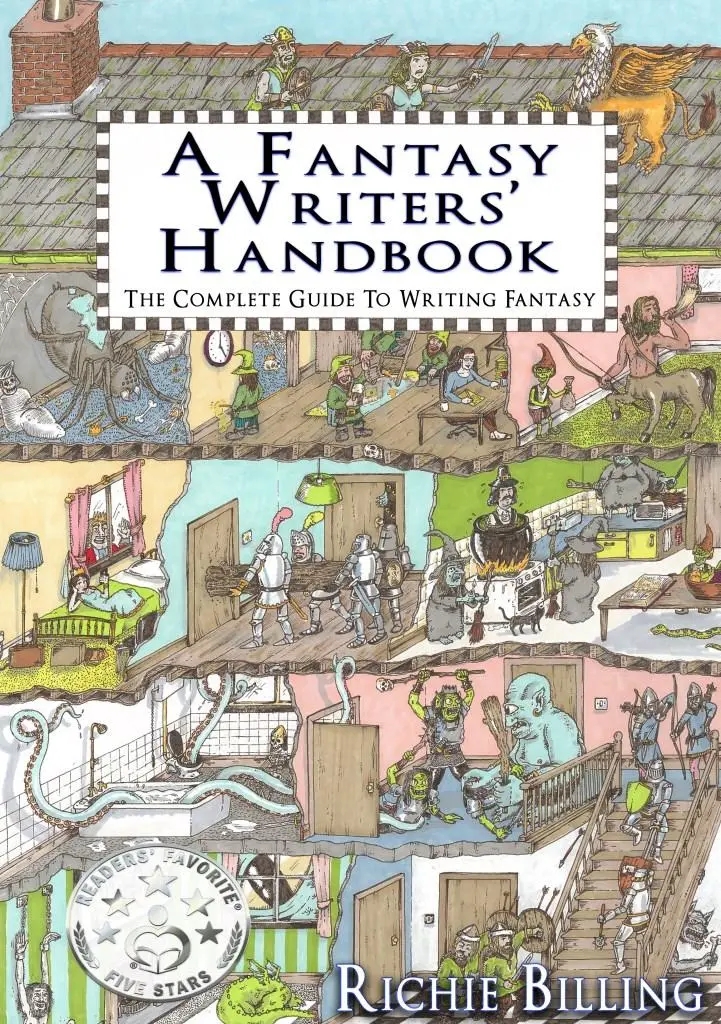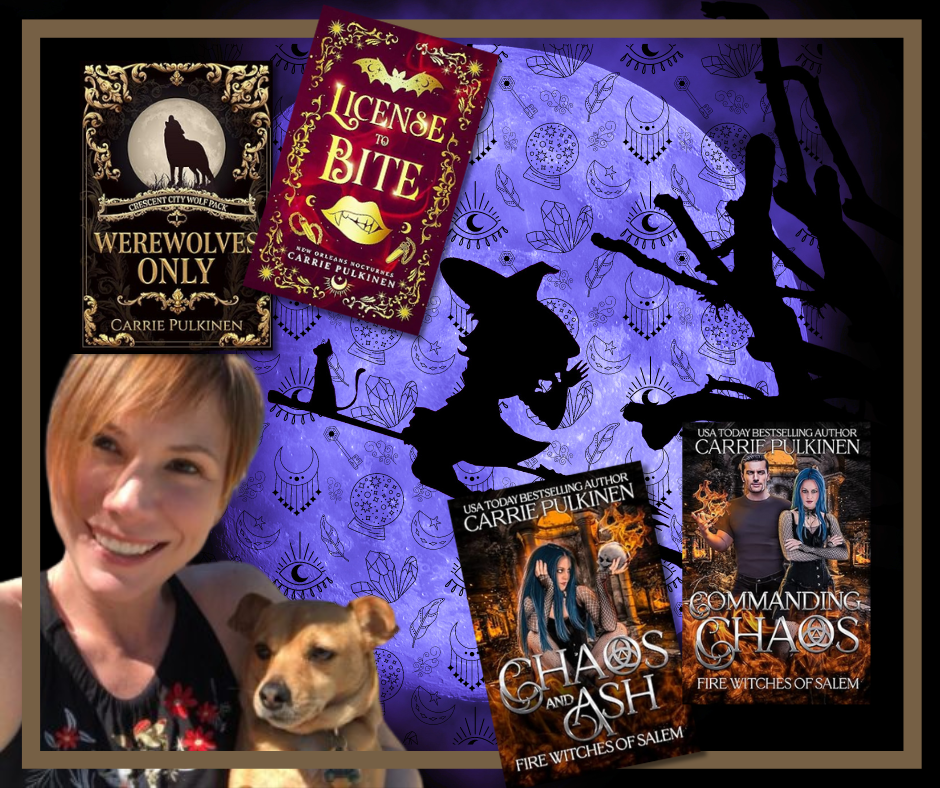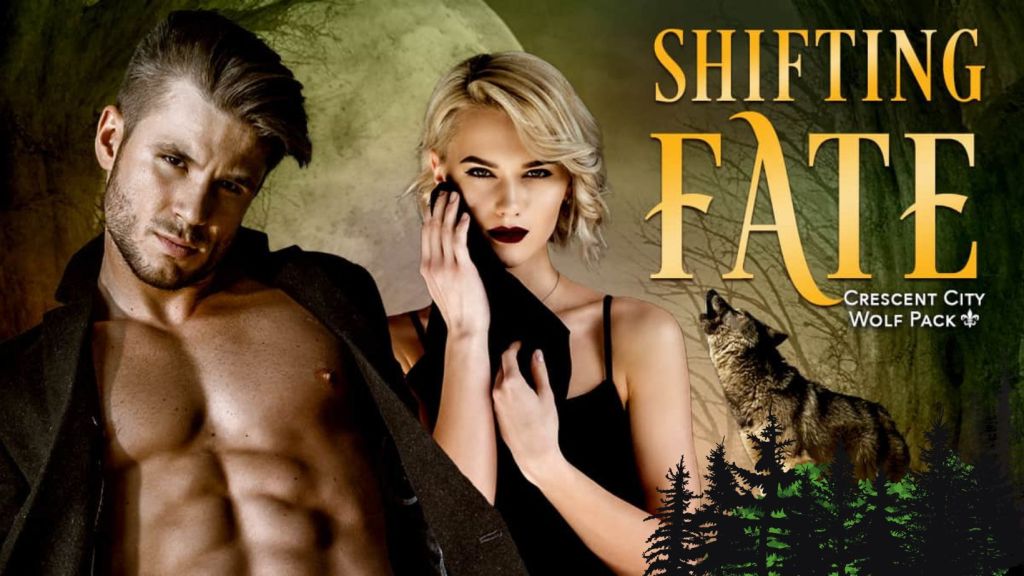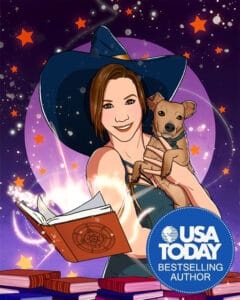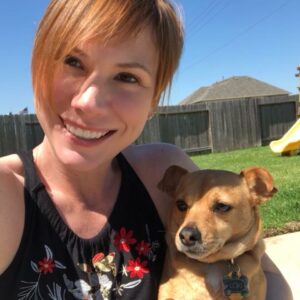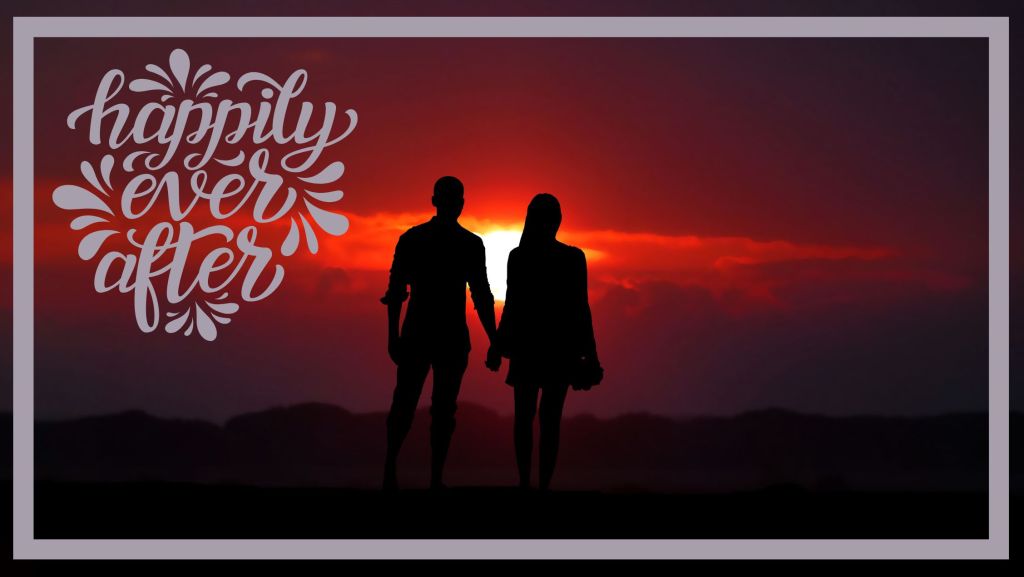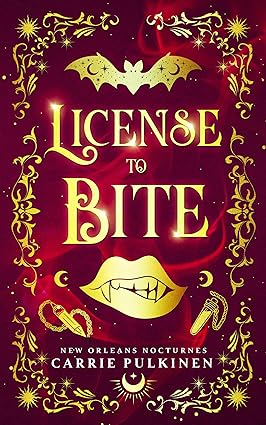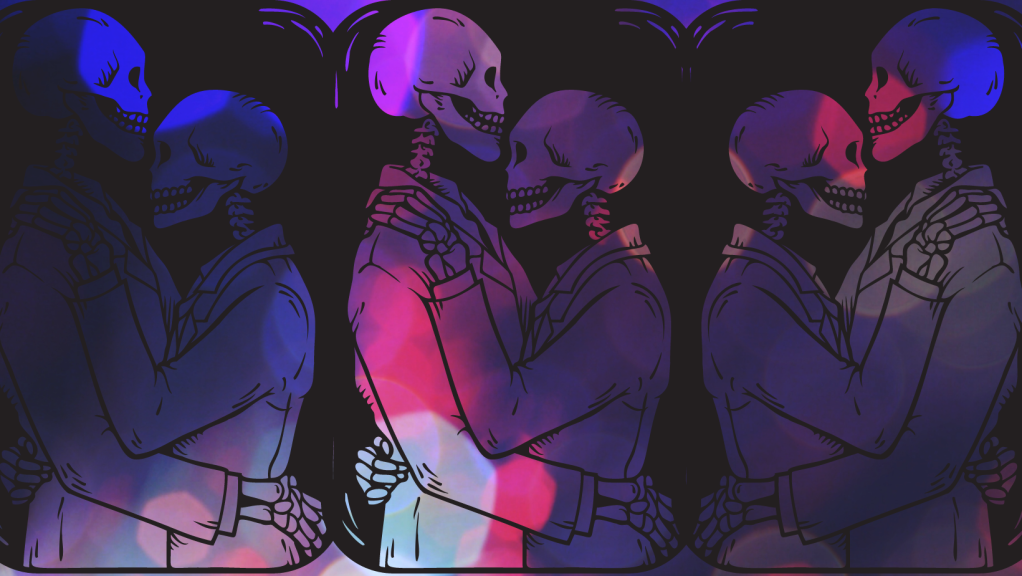It is such a pleasure meeting new authors on my Spotlight and a special treat when they come back for another chat to catch up on the latest happenings and explore new topics.
So, Let’s Meet My April Guest
E.B. Hunter lives in a remote town in Northern Alberta, Canada with his wife and daughter. He spends his days working, and his nights crafting stories to entertain himself through the long, harsh winters. He hopes these stories portray people as they are, flawed humans capable of great and terrible things, and you can see yourself within his body of works. He strives for representation in his storytelling, and believes that everyone’s story is worth being told. If he ever stops writing, there are strict instructions for him to be put out of his misery. You can find his short stories in anthologies with Dragon Soul Press, and Starlite Pulp, as well as on Vocal Media.
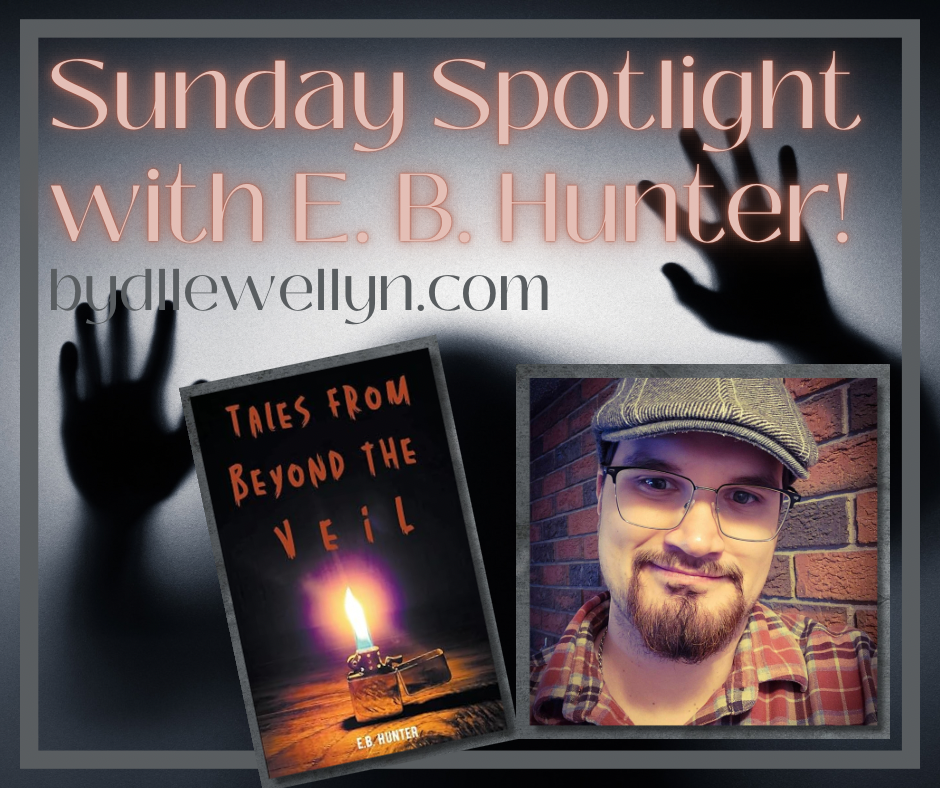
Let’s Get Started
Thanks so much for stopping by, Eric! I’ve been eager to check in this year and talk to you about some of your latest works. I just finished the rest of your stories in Tales From Beyond the Veil and had so much fun being surprised by that last story! I want to gush about it, but I don’t want to let slip any spoilers. Also, I just ordered my copy of Starlight Pulp Review #2. Those covers are the bomb! And I can’t wait to read the stories, especially yours.
I was super impressed with Starlite Pulp’s website and its vibe. Let’s start by asking you about the story you submitted for Review #2 and your submission experience with the publisher and then we’ll delve into Tales From Beyond the Veil and talk about horror.
E.B. Danny Galieote’s artwork is superb! I am a big fan of his femme fatale series. Fun fact: the title of the review #2 piece is Damn, I Broke a Nail.
You can meet the artist at https://www.instagram.com/dannygalieote
I have submitted a few times with Starlite Pulp, and it has always been a good experience. They are responsive and get back to you when they say they are going to. They work hard to cultivate not just good stories, but ones that carry a unique voice. I had a story sent in for #3 that didn’t make the cut, and I don’t even feel bad about it because I know they have a very specific vision for all their collections. They do charge to submit, but like they say on the site, there is a LOT of work that goes into putting these out, and the people doing the work deserve to get paid for it.

The story I have in Review #2 is an urban fantasy called Luck that sees Peter Halliday caught in between two vengeful Irish deities and an ancient game. I think it is one of my best short stories, and I can’t wait to hear what you think of it.
D.L. Ooh. Thanks for sharing the name of the cover art piece! Fabulous! And for sharing the artist’s Instagram. And yes, I agree that the nominal submission fee is very well spent. I had a blast reading Luck. Loved the ending because my mind went all over the place thinking of what I might do in Peter Halliday’s place.
My favorite partial line…
… I said, heading for the maroon Porsche that screamed ‘my owner wears turtlenecks.’
That totally landed on so many levels. Congratulations on being part of this great collection.
Here’s a shot of my book mail. I must say it was a very pleasant shopping experience.

I like how your Instagram vibe is noir, including the classic movie graphics you’ve been sharing on your posts. Can you talk a bit about that noir influence on your creativity?
E. B. When I first started writing, a friend of mine described my writing as ‘punchy’. I didn’t know exactly what that meant, but soon found out she was right! I like to keep things tight. Short, concise sentences like a shotgun slug that packs a wallop. I ended up reading the entire works of Raymond Chandler, then moved on to Dashiell Hammet. Starlite Pulp definitely got me more interested, and I really liked the vibe of the old gumshoe stories. I think the biggest influence on my writing style was seeing these masters of similes deliver such impactful dialogue with such punchy timing. I try to do that with my work, and hopefully succeed. My favorite line from Chandler has a woman tell Phillip Marlowe, ‘geez, you’re awfully tall.’ to which Marlowe replies, ‘I’m sorry. I didn’t mean to be.’ I just love stuff like that, and the old crime books are chock full of it.
D. L. I think you’ve found your voice, and that punchy style resonates with me for sure. I so appreciate getting the story behind the influence.
You recently published your first book under your own publishing banner, Heorot Press. It’s a collection of horror stories where each protagonist has an encounter of the supernatural kind.
Here are a few of my favorite lines as examples of the mood and setting your stories evoke.
Moth at the Window
“It’s stupid. To look into something like an attic and feel like death is staring back at you.” ~ Tiff
“A broken record is the worst noise in the world, other than maybe nails on a chalkboard.” ~ Tiff
As You Wish
“The reverberation of his neck breaking rumbled up my arms and across my back, making my stomach flip-flop.” ~ Amir
What Lies Beneath
“I’m glad that I was unable to sleep, or didn’t seem to be anyway (for all I know, it was all sleep though my eyes felt open). I was thankful for the stillness and the calm that came with knowing that nothing would happen in that place. I don’t know how I knew that, but it seemed true while I was there. But now I’m no longer there, and calm is a memory.” ~ Lawrence
Wow! I’m thinking our readers know what I’m talking about here. I enjoyed how each story had its own voice. Each protagonist was completely unique and anchored the reader immediately to what was happening. Thus anchored, each story moved along at a satisfyingly brisk pace, either with pure horror driving it, a gritty noir setting immersing the character (which I adore), or the soul-searching dread of fate moving inexorably towards them like a freight train.
If I had to pick, I think What Lies Beneath is my favorite. Lawrence was a compelling character, relatable in many ways, perfectly illustrating our human weaknesses and the consequences of giving in to them. Also, following him on his journey was probably the most terrifying read for me. And in Moth at the Window, my second favorite, I’m glad about Larry the Terrier, though I won’t say more. 🙂
I’ve read about half of these stories in earlier formats, so I know many of them have been around for a while. I’m enamored with how they all came together in this volume and curious about your process.
So, my questions… Did you plan early on to link them through a supernatural theme and publish them together? When did you construct that last story in the scheme of things? And tell us about Heorot Press and how that came about.
E.B. Ahh! So many good quotes! I love how things like that creep up on you after you haven’t read them in a while.
It all started when I felt like I needed a break from my third person narrative I was doing for my novel. I wrote a horror story called Graveyard Shift, and people seemed to like it, so I wrote three more. Once I had three stories together, it gave me the idea for the eighth and final story. All I had to do was keep writing! I did Moth at the Window and What Lies Beneath, then finished with the eighth story. I really wanted each of them to have a unique feel to the character and capture who they were.
For Heorot Press, I decided to create a banner for the book to be released under. I felt like I wanted something a bit eldritch, and a bit fantasy as well. I chose the name Heorot, which is the name of King Hrothgar’s lodge in Beowulf. It is an old English word that translates to stag, so the logo came easily enough for it as well!

D.L. This is great stuff! So fun to dip into your process a bit and to learn the story behind your publishing mark, which I really like btw. It’s a great idea to have one, and I’m thrilled to see an example.
What is it about the horror genre that appeals to you most? What elements are typically involved in a good horror story, and which of those do you focus on most as a writer? Can you give us an idea about the tools a writer needs to tackle the genre and tap into terror and fear?
E.B. I think the biggest thing to be aware of is your own fears. I don’t try to make a scary story when I’m writing horror. I write about human nature and lean on primal instincts to evoke that fear. In any horror movie, as soon as you see the creature, the jig is up and it isn’t scary anymore. I think showing your hand too soon is never good, so like with most storytelling, timing is key. So far as the tools you need in your toolbox, I think reading Stephen King’s ‘On Writing’ is step number one. After that, just make sure to write about what makes your skin crawl.
You write fantasy as well. I enjoyed beta reading your fantasy novel in progress, which I might classify as dark fantasy. To me, your author’s voice in horror and fantasy is distinct. In your horror stories, there is often a gritty (think shadows and rain trickling down windows and splashing on pavement) noir atmosphere, though I did detect some of that in certain scenes in your novel. Are dark fantasy and horror interchangeable for you? What are your aims for each? Feel free to take the opportunity to talk more about your novel here. We would love the scoop!
E. B. I think genre is really subjective, so it is hard for me to pin anything down to one category. I really love urban fantasy. The thing with that is, when you introduce any fantasy creature into a modern urban setting, it doesn’t take long to become Horror. Just look at the TV series Supernatural. There are ghosts and demons, but the episodes with Gods pulling out fingernails and people sacrificing their granddaughters for bumper apple crops are the ones that are really good. I can’t get enough of the supernatural, and I will take it in most any form I can get it! So far as my aims, I just want to write what I love. I’m currently working on what I am calling an Occult Western that sees Brant Garret working with an astral plane being to avenge his lost family. I do plan to continue with my urban dark fantasy series once I find representation though!
D. L. Thank you for sharing what inspires you (including fingernail torture 😄) and what you’re working on! I’m with you on the supernatural subject matter. There is so much in the way of mythology, legends (including the modern urban variety), history, and ancient texts to draw from for the speculative fiction writer.
I believe you’ve written a romance as well. And I love the diversity of your protagonists and how their individuality comes through. Do you enjoy and are you exploring other genres besides the ones mentioned? And out of so many amazing characters, do you have a favorite that resonates the most?
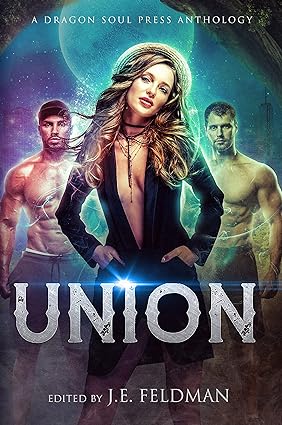
E. B. I did write and get published a sci-fi romance short story! It is called Pink Lights and is about the last surviving human refugee on a starship far away. He fights with feelings of his lost planet and wife while coming to terms with the new love he has found in the heavens. It is definitely a NSFW kind of read, and it was a lot of fun writing it!
I really do enjoy genre-hopping, and it is all dependent on what I am in the mood for. I think to really get a good view of the human experience, no viewpoint should be left unexplored.
I don’t really have any one character that resonates with me the most. I think if I needed to choose, I would say Alex from my story Graveyard Shift has a lot of me in him.
D. L. Pink Lights… awesome! (Click on the cover to find Eric’s sci-fi romance in Dragon Soul Press’ Union anthology) For links to this volume and Eric’s other publications, check out his website.
Thanks for addressing the favorite character question again, Eric. I know I’ve asked before, and it’s fun to see that Alex is still your favorite!
Can you share more about your works in progress and what we can expect to see next?
E. B. I am in a bit of a lull at the moment as I await the birth of my second daughter. I have described this experience as waiting at an airport, but I don’t know when the flight is leaving. It is exciting, but the waiting makes it hard to want to jump into anything with fervor.
I am currently focusing on my Occult Western called Revenge, as mentioned above. Once the first draft for this is completed I plan to throw my shoulder into finding an agent for Into the Grey, my dark urban fantasy about a secret organization that keeps parallel earth demons from taking over our world. I also have the short stories from the FSF Alliance to keep me busy as well as the occasional poem when the mood strikes. I like to work on a lot of things at once!
D. L. Well, I can’t wait to see both in print, Eric. And I’m up for another beta read! All the best on the projects!
We’re both members of the Fantasy Sci-Fi Writers Alliance, you being one of the founders and me being an early member. So, I’ve watched it grow and am blown away these days by all the new members and support. There are lots of fun events, including Instagram follow trains. But I wanted to highlight how well thought out the short story competitions are and how they’ve inspired some fantastic stories.



The group published its first anthology Versus. The whole process was impressive, from the competition to the editing and compiling–to the cover art and marketing. Congratulations to the volunteers and writers and kudos for all their hard work!
Can you tell us more about the Alliance?

E. B. Absolutely! It was started because it can be a really lonely place, being a writer. A lot of people have a hard time finding feedback or support for their work in the early stages, and I think it can be really demoralizing when you don’t have that community. We wanted to create a community that could be that support, and it took off from there! The anthology was really born from that. We wanted to have a contest for the people who are looking to get some recognition for their work, and I think the anthology is a great way to support the members.
D. L. Well, the prompts are fantastic. The current one I believe is a mashup of Punk meets Fae. I love it! And the graphic is really inspiring. I hope there are lots of fabulous submissions.
Check out the submission page and reach out to Eric or sign up here to become a member.
Thank you so much for taking the time out of your busy working, family, and writing life to chat, Eric. Congratulations on your growing family, and I look forward to your upcoming works. Do you have any parting words of advice for those who dream about embarking on their writing journey?
E. B. I will leave you with wise words from Colum McCann in his book Letters to a Young Writer, “if you want to be a writer, get your butt in the chair.” At the end of the day, we only have to conquer the blank page and keep honing our skills. To do that, you need to sit down and do it!
You can follow Eric on Instagram, Facebook, his Newsletter and his Website!

